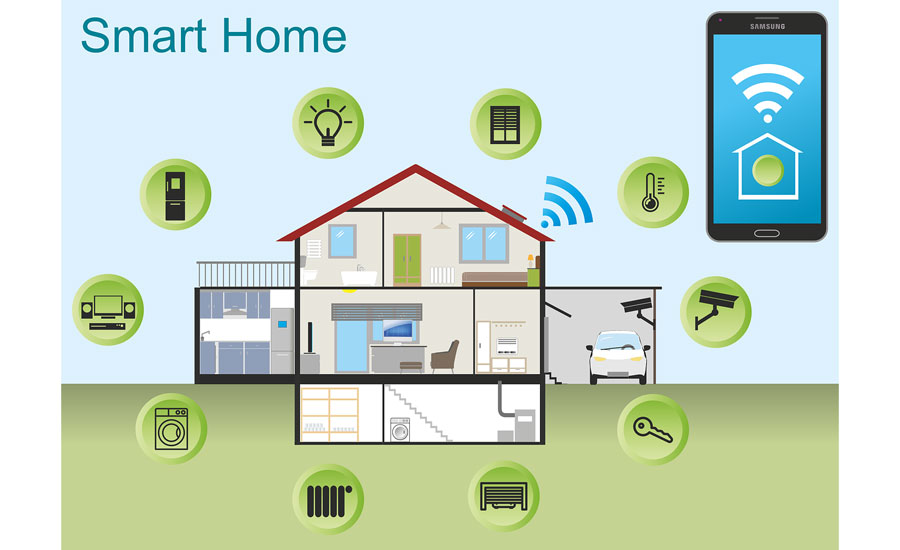The Future Of Home Home Heating - Exactly How Heat Pump Modern Technology Is Evolving
The Future Of Home Home Heating - Exactly How Heat Pump Modern Technology Is Evolving
Blog Article
Created By-Fraser MacGregor
Heat pumps will be an important modern technology for decarbonising heating. In a situation constant with governments' revealed energy and climate dedications, their worldwide ability increases by 2030, while their share in home heating rises to one-quarter.
They function best in well-insulated homes and rely on electricity, which can be supplied from an eco-friendly power grid. Technical innovations are making them extra reliable, smarter and cheaper.
Gas Cells
Heat pumps use a compressor, refrigerant, coils and fans to relocate the air and warmth in homes and appliances. They can be powered by solar energy or electrical power from the grid. https://myeverettnews.com/2021/06/25/resources-and-tips-for-staying-cool-in-everett-and-snohomish-county/ have been obtaining popularity due to their affordable, silent procedure and the capability to produce power during peak power need.
Some business, like IdaTech and BG MicroGen, are working on gas cells for home heating. These microgenerators can change a gas central heating boiler and create some of a home's electric needs with a link to the electrical energy grid for the rest.
However there are factors to be hesitant of using hydrogen for home heating, Rosenow states. It would be costly and inefficient contrasted to various other modern technologies, and it would certainly contribute to carbon emissions.
simply click the next website and Connected Technologies
Smart home modern technology enables property owners to connect and control their devices remotely with making use of mobile phone applications. As an example, wise thermostats can discover your home heating preferences and automatically get used to maximize power usage. Smart lights systems can be managed with voice commands and instantly shut off lights when you leave the area, minimizing power waste. And smart plugs can monitor and handle your electrical use, enabling you to recognize and limit energy-hungry home appliances.
The tech-savvy house shown in Carina's meeting is a great illustration of just how residents reconfigure area heating methods in the light of brand-new wise home modern technologies. They rely on the tools' automated attributes to execute day-to-day changes and regard them as a practical means of performing their heating techniques. Therefore, they see no reason to adjust their techniques additionally in order to allow flexibility in their home energy need, and treatments focusing on doing so might encounter resistance from these households.
Electrical power
Given that warming homes make up 13% people exhausts, a button to cleaner options can make a large difference. Yet the innovation deals with challenges: It's expensive and calls for comprehensive home restorations. And it's not always suitable with renewable energy resources, such as solar and wind.
Up until recently, electric heat pumps were as well pricey to compete with gas designs in many markets. Yet new innovations in layout and products are making them a lot more cost effective. And better cold environment efficiency is allowing them to work well even in subzero temperature levels.
The next step in decarbonising heating may be the use of warm networks, which attract warmth from a main source, such as a neighboring river or sea inlet, and distribute it to a network of homes or structures. That would certainly reduce carbon discharges and allow families to make use of renewable energy, such as environment-friendly electricity from a grid supplied by renewables. This option would certainly be much less costly than switching to hydrogen, a nonrenewable fuel source that needs new framework and would only minimize carbon dioxide emissions by 5 percent if paired with boosted home insulation.
Renewable Energy
As electrical energy rates drop, we're starting to see the very same pattern in home heating that has driven electric vehicles right into the mainstream-- but at an also much faster rate. The solid environment instance for impressive homes has been pressed even more by new study.
Renewables represent a considerable share of contemporary heat intake, however have been given limited policy interest internationally contrasted to various other end-use sectors-- and also less focus than electrical energy has. Partly, this mirrors a mix of customer inertia, divided incentives and, in several countries, aids for nonrenewable fuel sources.
https://angeloiosyd.sharebyblog.com/29216911/demystifying-the-expense-of-putting-up-and-preserving-a-heat-pump might make the change much easier. For example, heatpump can be made a lot more energy efficient by replacing old R-22 refrigerants with new ones that don't have the high GWPs of their precursors. Some professionals additionally visualize area systems that draw warmth from a nearby river or sea inlet, like a Norwegian fjord. The cozy water can then be utilized for cooling and heating in a neighborhood.